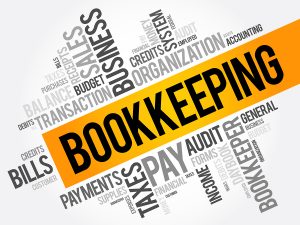How long do your customers take to pay you?
A Xero Small Business Insights report showed that late payments to small businesses are improving. But overall, payments often still arrive after due date.
Keeping on top of overdue accounts is vital for cashflow. There are some easy things you can put in place today to reduce the payment time-frame in your business.
- Send your invoices straight away – give your customer the ability to pay you promptly.
- Include all the details your customers need in order to make the payment – such as a customer purchase order to make their administration easier. Make sure you include your payment due date.
- Consider a prompt payment discount – even if it is a small percentage, it can be a motivating factor.
- Follow up straight away – if your invoice is overdue, send a friendly reminder straight away. You can set this up in your cloud accounting software, so it’s automatic. The longer you leave your follow up reminder, the easier it is for your invoice to drop down the priority list.
- Make sure you are talking to the right person – if you creditor is a business, find out who is responsible for accounts and build a relationship with them.
- Pick up the phone – If the invoice is overdue, a friendly chat may have more impact than another email in the inbox. After your phone call, follow up with an email to confirm what you agreed.
- Be ready with a solution – to clear the debt, can you start with part payment? Does the next order get part paid up front?
Reducing the average time-frame on payments for your business will help with your overall business health. Start with a straight forward system, clear credit terms and good communication with creditors.











